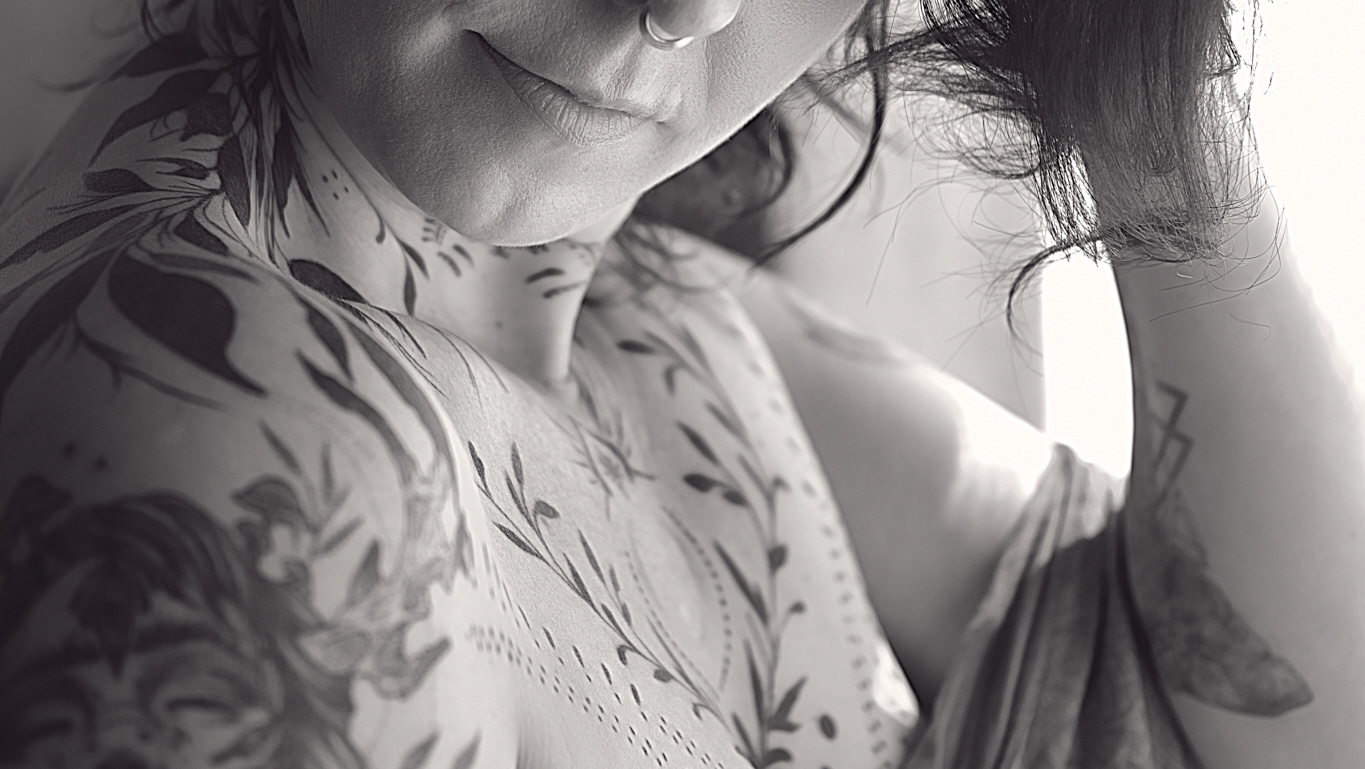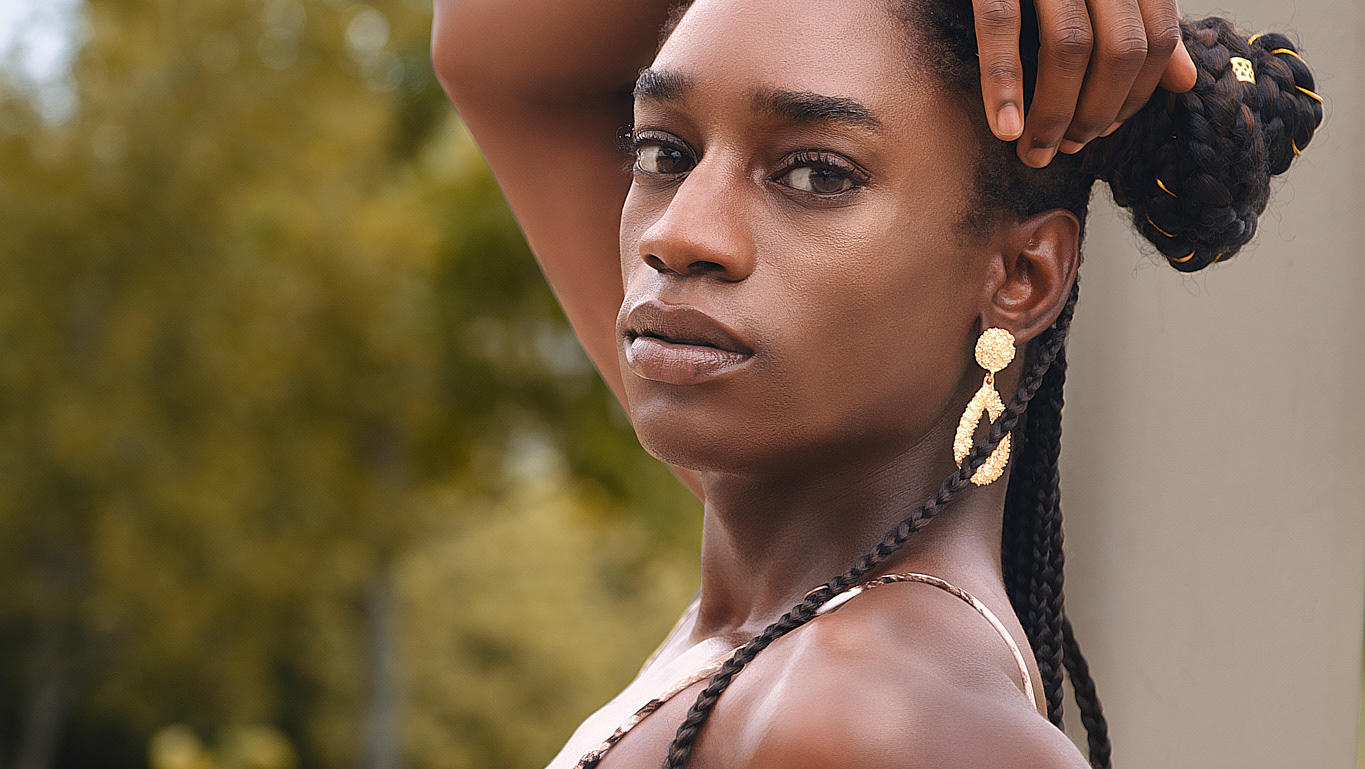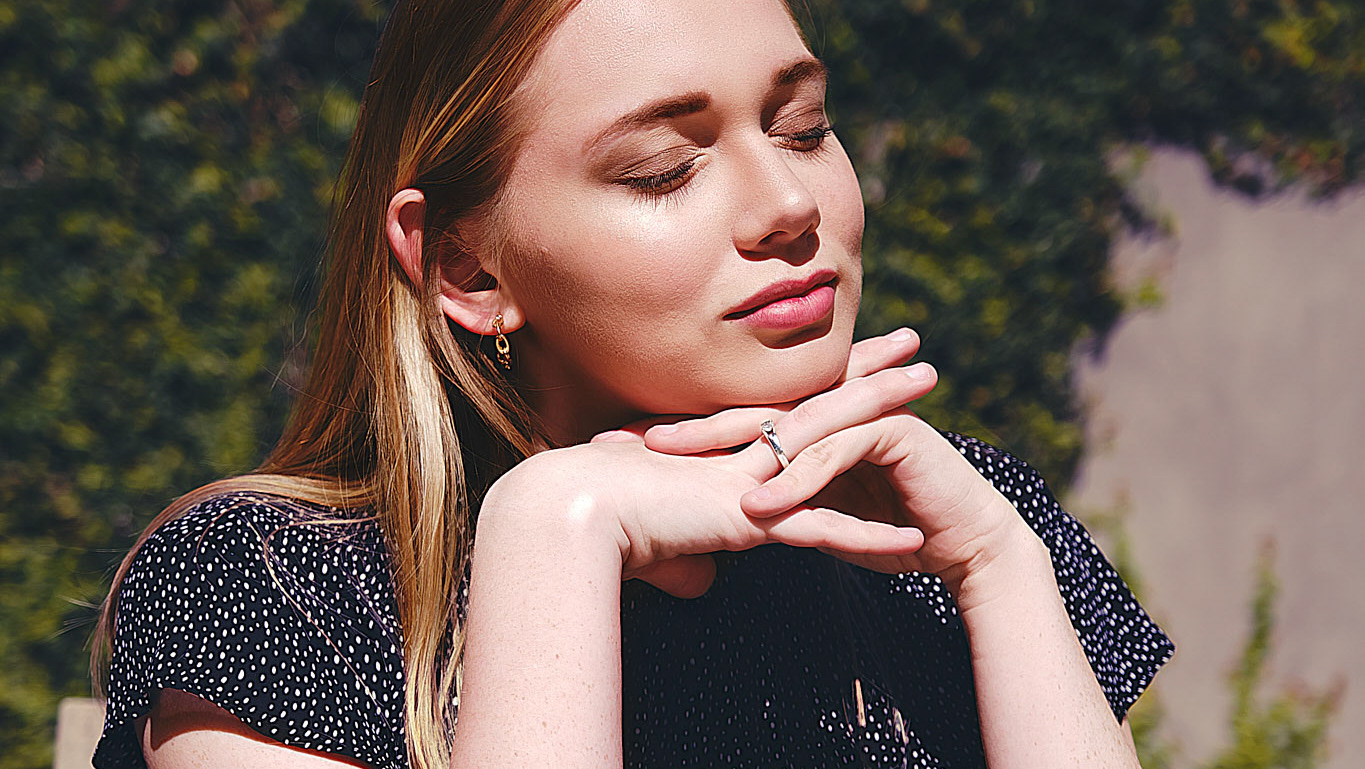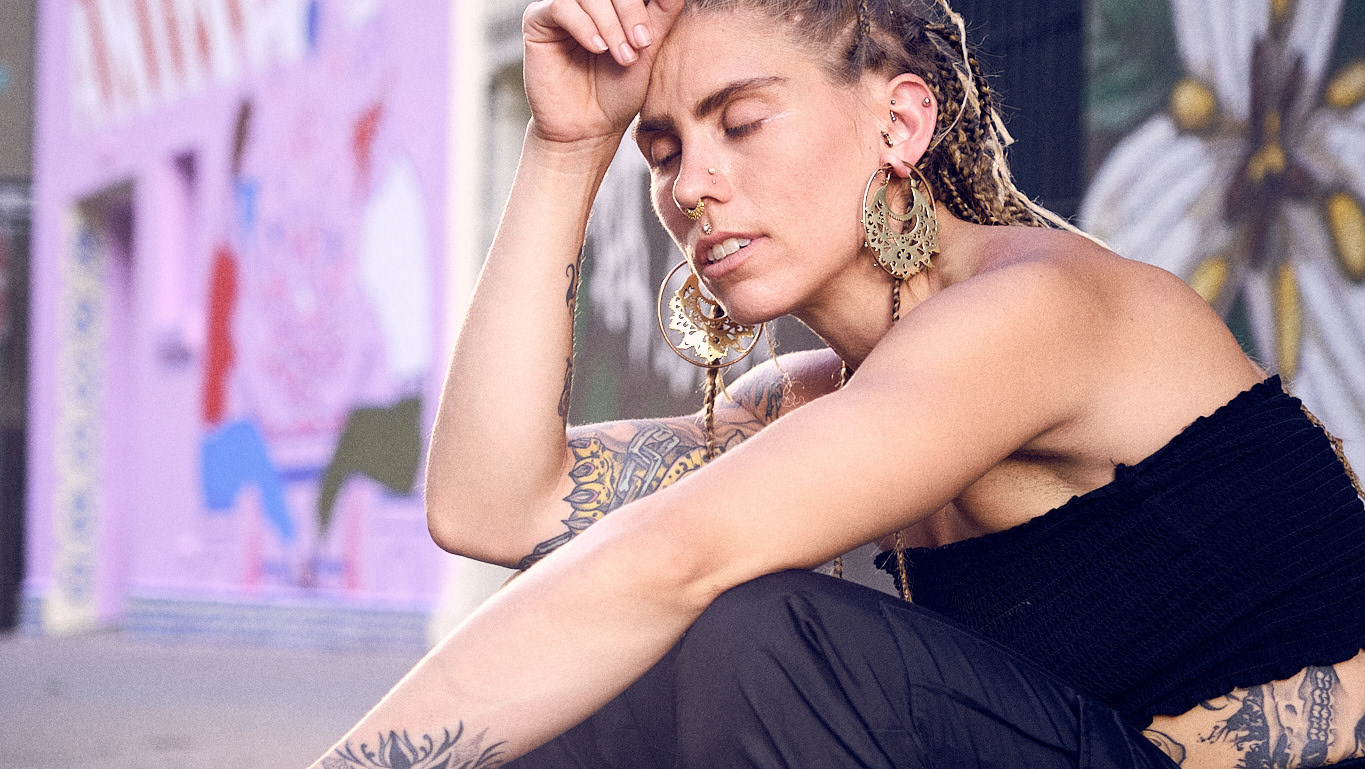[Can you go ahead and give us your name where you're from? And what do you do?]
My name is Dr. Jasmonae Joyriel, I am a nomad born in California and have lived as far as Okinawa. [I’ve lived in] A lot of places but I have settled in Austin, Texas now hopefully for good. I am a clinical psychologist and I own Ignite Anew.
[Why do you do what you do?]
Oh boy. Why do I do what I do?
I think I would have to go back to the first big threads that got me into doing what I do. There are these threads, the things we value, the things that we excel in and the things that excite us. If we can figure out what those threads are, we can do a lot of different things and love what we do. I figured that out sort of by accident.
I was a server and bartender throughout college and realized I really loved people. I really loved relationships. I loved flexibility. I love being able to be creative and connect and then when I finished, I tried to do a corporate job, which did not go so well. I recognized in corporate my threads weren’t all there and went into doing hair actually. With hair, there were the same threads as serving…you start to see how much hair is connected to a person's identity and how much you have to build trust with your clients and really figure out who they are and what their needs were versus what they were saying their needs were. That all kind of came together in a way that when I finally settled down, got married, and decided I was ready to go back to grad school, it conveniently led me back to psychology.
I do what I do because it goes with my threads, but I also wanted to have a offer another approach in the mental health world with someone who looked like me and someone who was willing to have conversations that many other therapists, I think, get very uncomfortable having and to really create something new and innovative in that.
Not everybody's meant to sit on a couch and just talk. Some of us need to move, some of us need to dance, some of us really need to be in our body and to engage with mental wellness. And I did not see a lot of diversity [in the mental health space]. So I wanted to create something that I just didn't see enough of. That's how I got there.
[Filling that need, what does that mean to you? What value does that hold for you?]
So this could go a little back to my story where I am super scrappy. Really early on I learned how to survive. I spent a good amount of my adulthood and my childhood being a survivor and eventually, it got to be too heavy and I started to really resent and build bitterness around this idea of ‘you're so strong’. You're such a survivor, you're such this, you're so that, and I was like, I don't want to be strong anymore. I am tired of being strong. I'm tired of always having to fight day in and day out just to be ‘okay’.
I want to thrive. I want to know what it's like to live a life that I am excited to wake up to. I want to engage in relationships that I'm excited to have to engage in, and be in a world that I'm excited to be part of.
So for me, what I do is give people permission to say that just surviving is intolerable, and it's not okay, and it's not enough. What I want to do is really help guide others to figuring out what it means for them to thrive on their terms and then give them the tools of how to get there.
[I think that's very well said. I think, oftentimes, we see ‘resilience’ used as a word to survive with, and it becomes a trait that's a double-edged sword. Because, of course, there's a trope of the resilient black person or black woman. I think it's also important to show what it is to thrive and be a person of color, a woman of color, and give back to the community in that way too. So thank you for that.]
[Do you have any passions outside of what you've listed thus far? Any other threads if you will?]
One of my passions is to laugh. I know that seems a little odd, but I don’t think everyone values that and that's one of the things in recent years that I have come to value most. How do I incorporate laughter into my daily routine and it be intentional?
The other passion I have is I love to collect experiences, so I currently have a list of 100. As I find new events, it could be a festival, it could be a concert, it could be whatever, I am challenging myself to just go. Regardless of if I have someone to go with or if it's in my comfort zone. So far, I have released paper lanterns in the middle of a forest. I went and listened to a Beatles' quartet by candlelight. I did a dining in the dark experience and it's been a really great way to get to know the city. I try to challenge myself to really engage with the world in this new way that is adventurous and spontaneous.
And then the final passion I would say I have is building a network and a community. I did not learn how to do that as a military brat. When you move every two to three years and you kind of are implicitly told that relationships are expendable, and it took me a long time to really understand the value of a relationship as well as the work that goes into nurturing relationships. And so I would say that has been something that I have been intensely focused on since probably my mid-20s. Everywhere I go I am thinking ‘how do I meet people’ but also how do I connect people? So I'm always that person that if I hear a potential connection i’m like, oh my gosh, I might know a person that you should talk to. I really think if I can build a really robust community that's really how to evolve and create change.
[What advice would you give your younger self if you have the chance?]
It's okay to be human. It's okay to feel pain. Don't run from the feelings, explore them, and ask yourself what it is that they're trying to tell you about what you need next.
[Do you want to expand on that? The value in being human, the value in sitting with pain, the value in letting it direct you to what you need.]
So to expand on that, There's something I always tell clients, ‘trauma's not a bruise, it's a scar’. I think for many of us we are taught to approach trauma as if it's a bruise, that if somehow if we do good enough and we work hard enough, we'll get rid of it. We will get past it, we will get over it. And what I tell people is no, it's an ugly, keloid scar that you have to learn to integrate into who you are. There are some days when that scar is gonna be really noticeable and you're not gonna be able to take your eyes off of it, and it's gonna totally derail you, because you're not going to go out and you don't want to cover it and you're gonna be consumed with that. And then there are other days when you recognize that it's just another part of who you are, but it's not all of who you are. And you decide that maybe there's an interesting story that goes with it, or maybe just doesn't matter and you can share as often as you like, and you can also go about your day without saying anything.
I think what I mean by all of that is taking into account the humanness of experiences that we go through when we're doing our best and we're totally knocking ‘humaning’ out the park. And on days when we don't ‘human’ so well, that is okay too. It's part of the experience.
[Are there any final thoughts that you'd like to speak on?]
I have a lot of thoughts, but I think the one that has become my call to action is don't be afraid to fire your therapist. As I have gotten more into this field as I continue to evolve through my own journey, I realize that therapy is an extremely intimate and vulnerable process. And in the best therapy, you're doing really hard work, and the first step to doing that really hard work is trusting yourself and giving yourself permission to need what you need. And so not every therapist is for every client and it's okay for you to find that therapist that's right for you. I think the first exercise is knowing that it is totally okay to fire your therapist, so don't be afraid.
You can find Dr. Jasmonae's site at: igniteanewpllc.com










